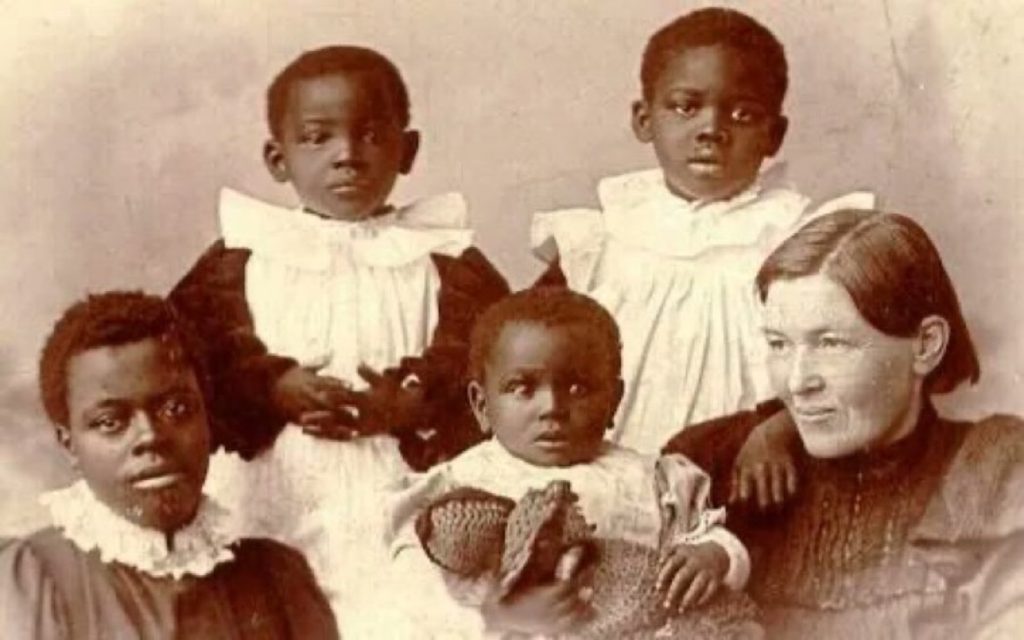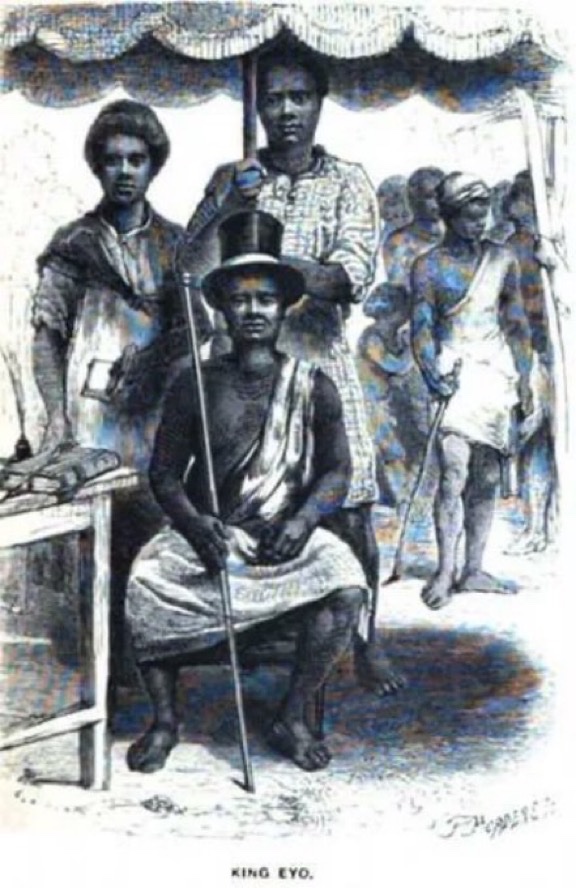In the tapestry of history, there are often untold stories that deserve to be brought into the spotlight. One such narrative challenges the conventional wisdom surrounding the end of the practice of killing twins in pre-colonial Nigeria. Contrary to popular belief, it was not solely the work of Mary Slessor but rather the visionary efforts of King Eyo Honesty II that played a pivotal role in eliminating this barbaric custom.
This article aims to shed light on King Eyo’s remarkable legacy, which has, unfortunately, been overshadowed by the prominence of another historical figure.

The Reign of King Eyo Honesty II
Born in 1788 to Princess Inyang Essien Ekpe and Eyo Honesty I of Creek Town, King Eyo Honesty II had a multifaceted journey before ascending to the throne in 1835. His early experiences as a cabin boy during the transatlantic slave trade equipped him with a unique perspective on trade and diplomacy.
Later transitioning to become an interpreter and slave broker, Eyo navigated the changing tides of history, eventually amassing wealth through the trade of palm oil after the abolition of slavery.
Eyo’s Vision for Modernization:
Upon becoming the ruler of Creek Town, King Eyo set out on a mission to modernize Old Calabar. His belief in the transformative power of Western education led him to sign anti-slave trade treaties with the British and welcome missionaries to Old Calabar in 1846.
This marked a turning point in the region’s history, as Christianity and education began to shape the cultural landscape.
Abolishing Barbaric Practices:
King Eyo’s impact extended beyond economic and cultural changes. He took a courageous stand against the brutal practices of the time, including the killing of twins, human sacrifices, and the immolation of slaves.
His decree in the 19th century played a crucial role in putting an end to the abhorrent tradition of abandoning newborn twins in the forest, which was considered a bad omen in some parts of Nigeria.
The Legacy Overshadowed
Despite his significant contributions, King Eyo Honesty II’s legacy has been overshadowed by the more widely known story of Mary Slessor, who arrived in Okoyong in 1876. Slessor’s work in rescuing abandoned twins and her dedication to spreading Christianity have rightfully earned her a place in history.
However, it is essential to acknowledge that the groundwork for ending the killing of twins had already been laid by King Eyo.
As we revisit the pages of history, it becomes evident that the narrative of societal transformation is often more intricate than we perceive. King Eyo Honesty II’s role in ending the killing of twins in Old Calabar is a testament to the complex and nuanced history of pre-colonial Nigeria.
By acknowledging and celebrating the contributions of local figures like King Eyo, we enrich our understanding of the past and ensure a more accurate portrayal of historical events.
This story serves as a reminder that the history written by outsiders may distort the contributions of local figures, as exemplified by the overshadowing of King Eyo’s legacy by the more widely known story of Mary Slessor.


